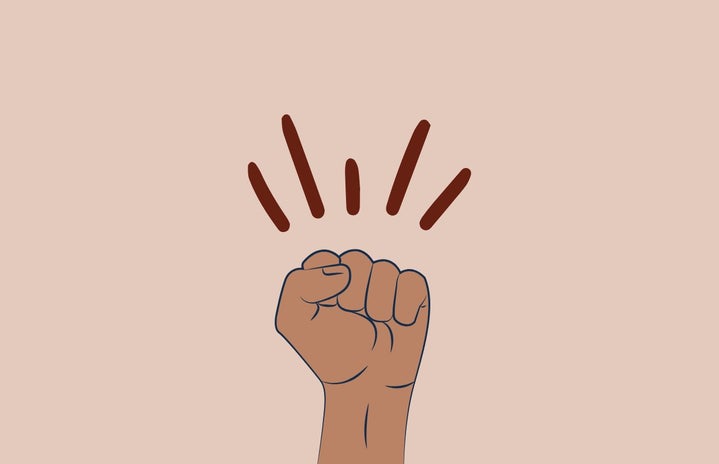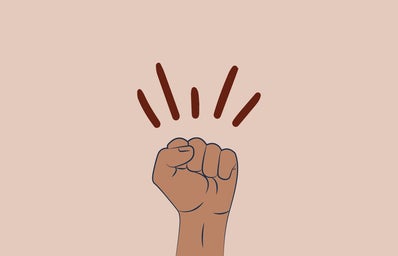“All animals are equal but some animals are more equal than others”. The genius of George Orwell displays the impact of broken systems that those who collectively wish to mend, become the products of instead. In the fable, the animals are repeatedly oppressed and tortured by humans. When given the opportunity to celebrate their emancipation, they initially collectivize their movement into ‘’animalism’’ which soon escalates into a power play. The dominant ones further oppress the others who set out for the same initial fight. This political literary piece is considered globally to be an anecdote to anti-communist regimes but gets the readers to engage in debate and discourse to explore the other various reasons that delay liberation and encourage oppressors. Not to mention, leave those with no resources the most vulnerable.
One of the standard themes in the fable is the condemnation of communist ideals by using animals as a metaphor in an English farm to showcase the retelling of Soviet Communism. However, it is not an advocate for capitalism either. Through the character of Jones, who exploits and tortures animals for monetary gains, the fable manages to critique the impact of capitalism on individuals. It shows the heightened effects of capitalism to an extent that living creatures are treated as commodities and property. It takes away the element of rest by pushing others beyond the breaking point. Moreover, it also shows the internalized functioning of such regimes. The pigs who were earlier scrutinized take up the same role as Jones and exploit other animals to the point that the windmill becomes more important than their health.
Animal farm is not against a particular ideology but questions the notion of ideology instead that manages to give leverage to fascism and scornful treatment that the marginalized bear. It also creates space to assess what makes one fit into the metrics of marginalized. This is to critique the general tendencies of humans to attribute labels to get the maximum resources and use those supposed “weaknesses” of the marginalized as ways of oppressing them further. This is internalized and carried forward in the functioning of the marginalized who originally aim to solidify broken state structures as portrayed in the functioning of the animals. These ideas lay weightage because they suggest that even if one gets out of the state of oppression, the structures and trauma are so deep-rooted that it manifests in their thinking and functioning.
The fable managed to critique many such ways and especially the functioning of the human race for its own gains. However, out of all the internalized feelings and thinking patterns, it is our conditioned understanding of the term “power” that continues to sustain the status quo. The oppressor’s version of power gives importance to wealth, control, and a sense of superiority inherent in them which makes it difficult for the oppressed to stand up to them, let alone acknowledge that they deserve the bare minimum. This can go as far as pushing people to meet the secondary standards and lose sight of what matters to them. For many, mainly the marginalized sectors of the society, it is a defense mechanism or a safety blanket that propels them to fit into these existing narratives to not be on the vulnerable side and be treated as humans.
Beyond holding the oppressor’s accountable for their actions, it is just as important to reassess how they perceive the world whether that is power, success, or happiness, and actively normalize inclusive and subjective realms of redefining our relationship with these terms. This makes individuals feel actively safer to pursue what is best for them and not be enslaved by the ideals of those who oppressed them in the first place. That in itself is power.


